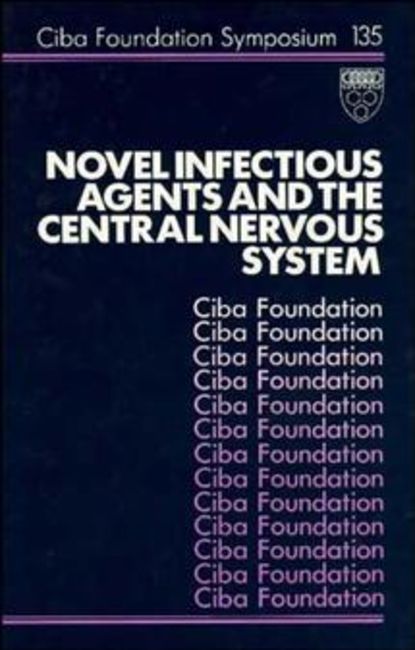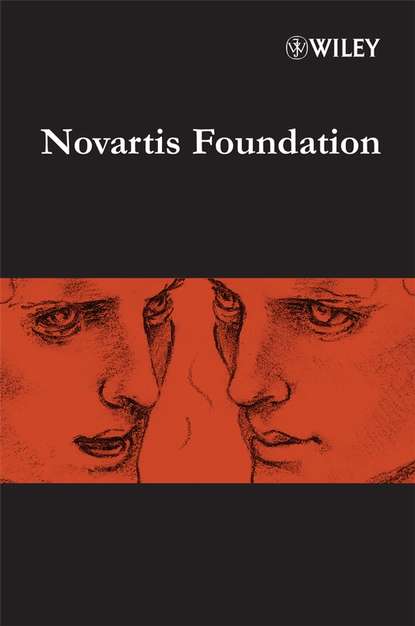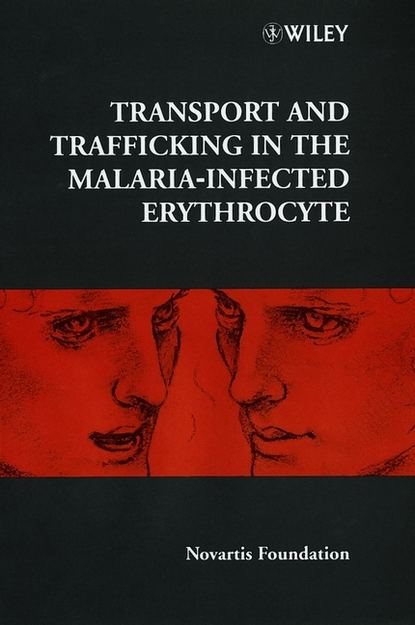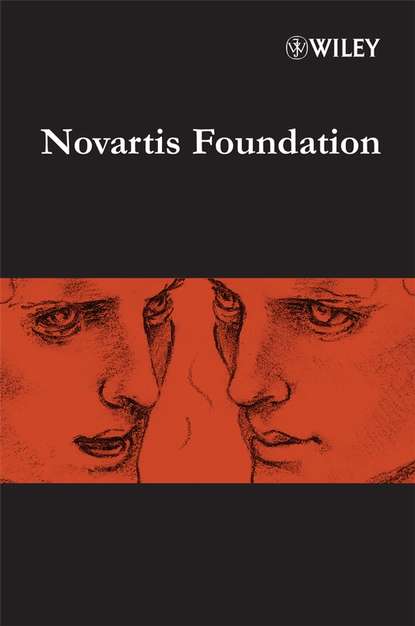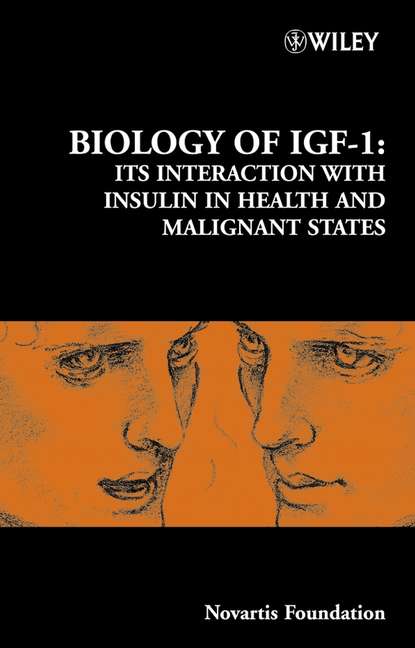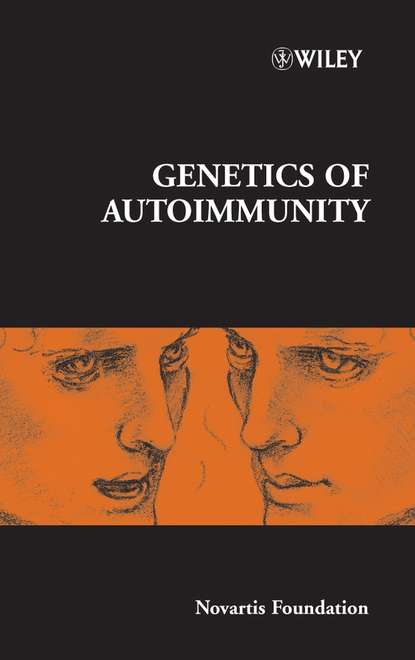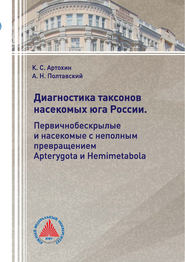Novel Infectious Agents and the Central Nervous System
Полная версия
The term «unconventional virus» refers to virus-like agents that differ from conventional viruses in significant respects–resistance to agents that inactivate normal viruses, for example. Certain rare and fatal neurological disorders, such as the Creutzfeldt-Jacob syndrome and the Gerstmann-Straussler syndrome, are clearly produced by virus-like infectious agents, but the nature of these agents is not understood. This volume brings together the latest information on one such disease: Scrapie, a disease occurring in sheep. It discusses the nature of this infectious agent and insights gained through new techniques in molecular genetics. The work as a whole focuses on the implications of animal data for research on human disorders, such as the possible connection between unconventional viruses and Alzheimer's Disease. The discussions represent the work of specialists from a broad spectrum of fields including virology, neuropathology, and molecular biology.
- О книге
- Читать

